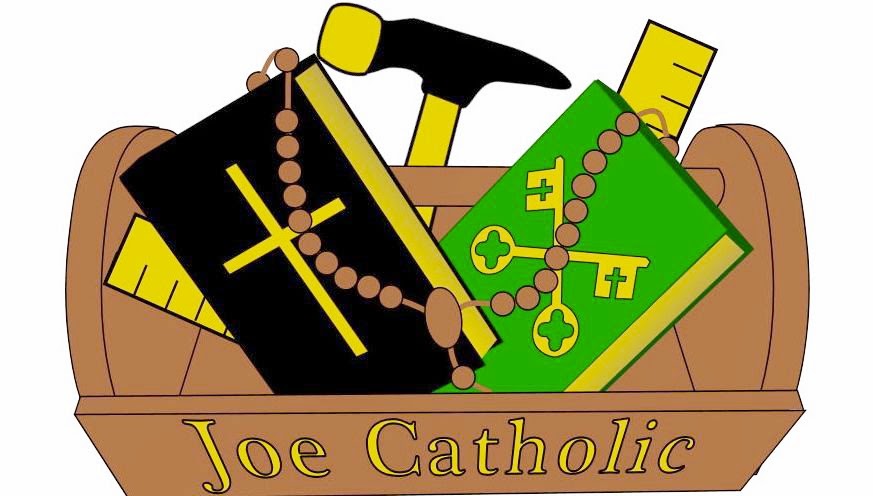[NOTE: This is primarily a revision of a previous post.]
This week, The Hunger Games movie became available on iTunes, Amazon Instant Video and other VOD outlets. For those of you who may have missed my previous post outlining my opinion (and that's all this is) on how Catholics should approach deciding whether or not their children should watch the film or even read the books (that I hear are far better than the first movie).My personal position (and of course that's all it is) is that parents have to make those types of decisions based on what they think their children are mature enough to handle. I addressed a similar issue with the last Harry Potter movie. Like I said in that post, the Catholic Church (outside of a movie review service) does not normally make definitive statements about books, movies or other art.
Forget about the content of the book(s) for a moment. A well formed and informed set of parents should be able to make rational decisions about what content they deem appropriate for THEIR children. If they choose to permit their children to watch the film or read the books, no one should call them out as bad parents. Similarly, parents who decide to not allow either should not be condemned as narrow minded. It's their right and responsibility to "be up in their kids' business." (I am envisioning one of my colleagues saying this).
Moreover, parents are responsible for being the primary teachers to their children. Blessed Pope John Paul II expressed this in Familiaris Consortio:
The task of giving education is rooted in the primary vocation of married couples to participate in God's creative activity: by begetting in love and for love a new person who has within himself or herself the vocation to growth and development, parents by that very fact take on the task of helping that person effectively to live a fully human life. As the Second Vatican Council recalled, "since parents have conferred life on their children, they have a most solemn obligation to educate their offspring. Hence, parents must be acknowledged as the first and foremost educators of their children. Their role as educators is so decisive that scarcely anything can compensate for their failure in it. For it devolves on parents to create a family atmosphere so animated with love and reverence for God and others that a well-rounded personal and social development will be fostered among the children. Hence, the family is the first school of those social virtues which every society needs."(FC, 36)Here are some well balanced reviews of the movie:
National Review, Father Robert Barron
Catholic News Service, Movie Review








